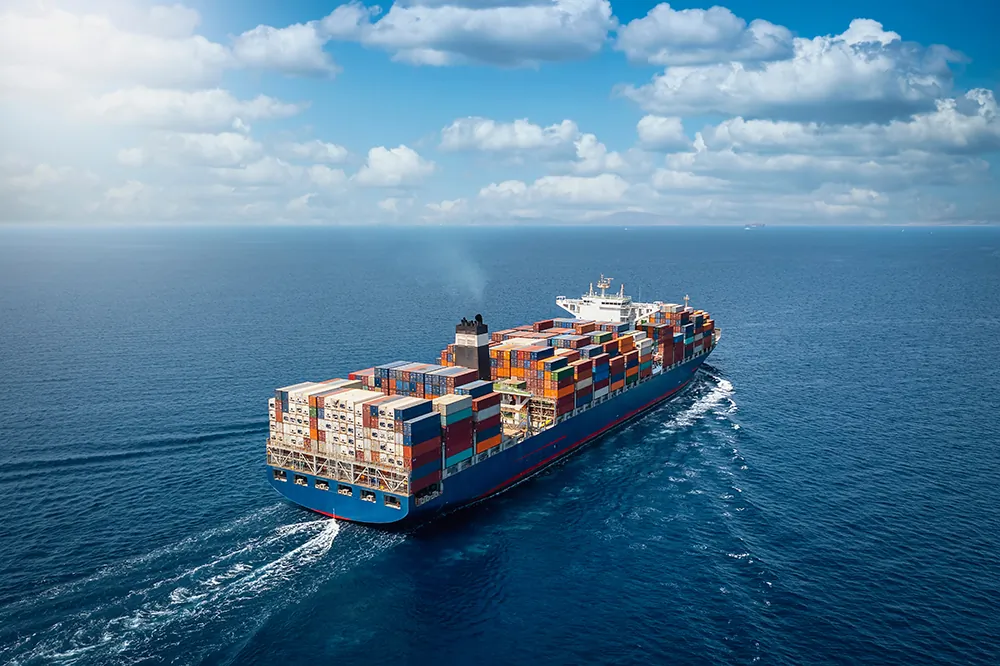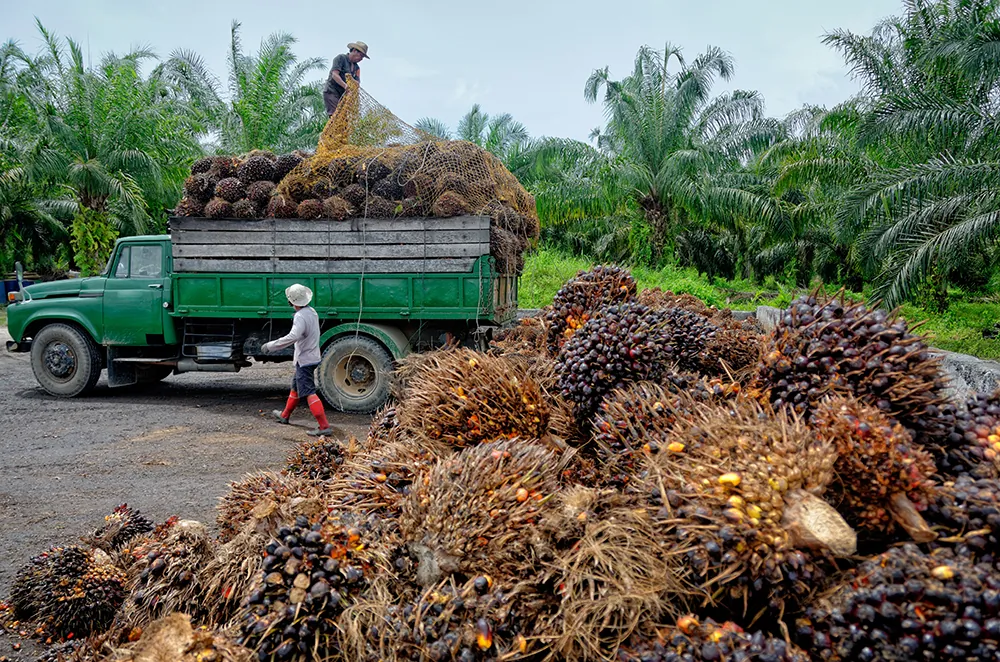
International trade is often viewed as a pathway to prosperity, an engine for economic growth, cooperation, and sustainable development. But a new global study by NRI researchers reveals a more complex and concerning reality, one in which trade agreements reinforce inequality and accelerate ecological harm.
Published in the journal Global Environmental Change, the study provides the most comprehensive global assessment to date of how Regional Trade Agreements (RTAs), the bilateral or multilateral pacts that lower trade barriers, are reshaping global resource use. Spanning nearly 30 years (1990–2018) and covering 195 countries, the research evaluates the environmental footprints associated with trade in energy, raw materials, water, and land. It also asks a critical question: are environmental clauses in trade deals actually working?
‘Our findings reveal a systemic imbalance,’ said Dr Truly Santika, Associate Professor in Environmental Geography at NRI and lead author of the study. ‘Wealthier nations are outsourcing the environmental costs of their consumption to lower-income countries. These countries bear the brunt of pollution, habitat loss, and water stress, while the environmental impacts remain largely invisible in the consumption data of richer economies.’

This dynamic reflects what researchers describe as “ecologically unequal exchange” – a pattern in which environmental degradation is disproportionately shouldered by the Global South to sustain demand in the Global North. Estimates suggest that over 10 billion tonnes of raw materials are extracted annually from poorer nations to fuel consumption in wealthy countries, a flow valued at over $10 trillion, far outstripping global aid budgets.
Using GLORIA, a global resource-tracking database, and a robust counterfactual analysis rarely applied to trade studies, the team compared countries with similar economic profiles but different trade histories. They found strong evidence that RTAs increase the flow of natural resources from lower- to higher-income countries, allowing affluent nations to appear environmentally progressive while externalising their actual ecological footprints.
Environmental provisions—clauses designed to reduce the harm of trade on natural resources—offered only limited and short-lived benefits. While some reductions in resource intensity were observed, the effects faded within two years, and in some cases, clauses had negligible or even adverse effects.
‘Trade liberalisation is often promoted as a win-win for the environment and the economy,’ said Professor Valerie Nelson, co-author of the study. ‘But this research challenges that view. If high-income countries are to take climate justice and sustainability seriously, they must confront overconsumption and work toward structural trade reforms grounded in fairness and sufficiency.’
Rather than advocating for protectionism, the authors call for a rethinking of global trade frameworks, aligning them with planetary boundaries and distributive justice. Structural changes, such as stronger enforcement mechanisms and material footprint accountability, are needed to make trade compatible with climate goals, biodiversity protection, and equitable development.
Read the full paper here: https://doi.org/10.1016/j.gloenvcha.2025.103028

